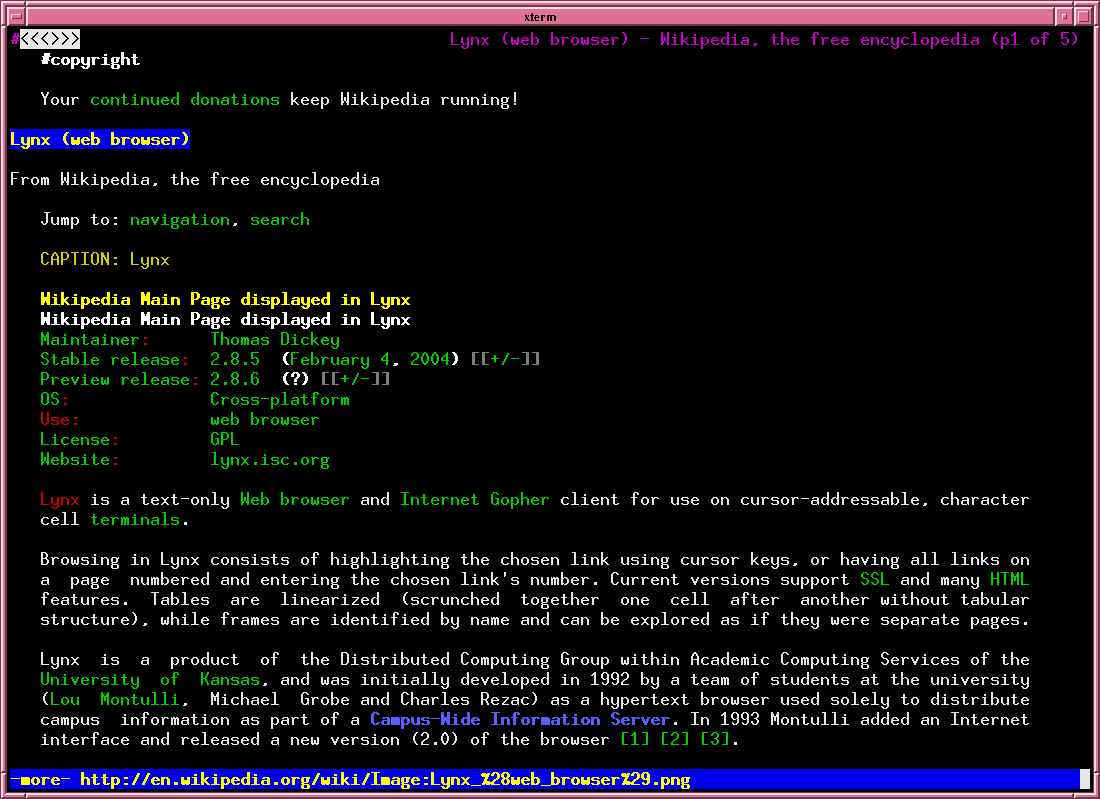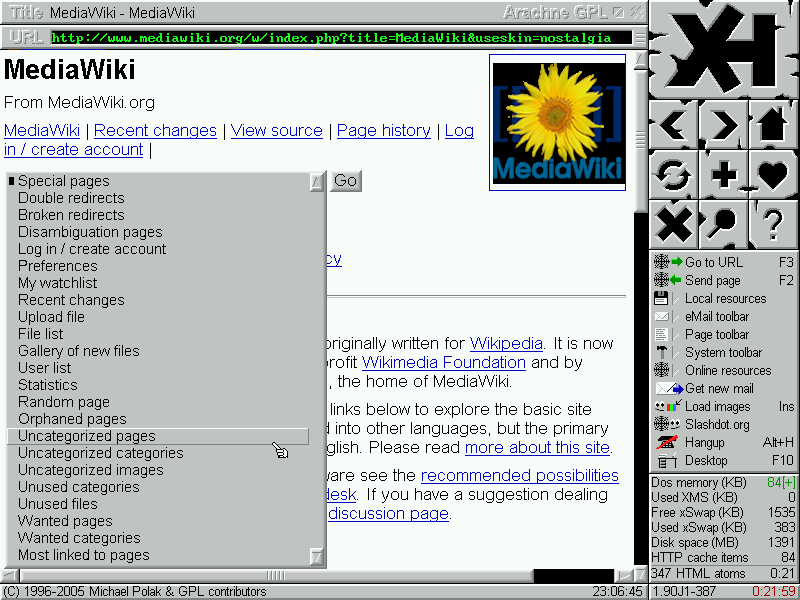Then it’ll probably shock you even more when you realise that this thing is hosted on Github, a site owned by Microsoft… :)
- 1 Post
- 17 Comments

 182·2 years ago
182·2 years ago… for now. They’ve already replaced the old Notepad with a bloated UWP version, so it probably won’t be long before it starts sending telemetry as well.

 11·2 years ago
11·2 years agoIT guy here, the NFC thing isn’t really a concern (NFC doesn’t work that way) or for that matter, any other wireless technology, as it’ll need to authenticate with your phone somehow. If you can somehow simply scan data from a phone without any form of authentication, that would be a massive security hole - something that would be patched by the vendors real quick. Also, if something like that were possible then the TSA/FBI wouldn’t have any issues pulling data from locked phones. Think of all the times you’ve had to put your phone thru the xray machines at the airports. Also see the case of FBI vs Apple for instance.
The other issues you’ve mentioned are valid though. Heck my Galaxy Fold won’t even fit in that slot.
I that case, check out Fedora CoreOS.
It runs entirely in RAM, administration is super simple, no ssh, easy to update/and upgrade, immutable, minimal distro designed specifically for secure container usage.

 18·2 years ago
18·2 years agoHow about Gogs? The whole thing is < 30 MB, and is lightweight enough to run on a Raspberry Pi. You can even get a native binary package if you want to run it without the overhead of Docker.

 1·2 years ago
1·2 years agoYou mean users who joined Lemmy for the first time with Sync?

 6·2 years ago
6·2 years agoThis is a pretty gimped retelling of internet history. The author fails to mention several browsers that made history, most notably Opera, which came out back in '95. Opera was notable for being the first to introduce several features which have now become staples in modern browsers, such as:
- Tabbed browsing
- Speed Dial for fast access to favorite sites
- Pop-up blocking
- Reopening recently closed pages
- Private browsing
- Advanced UI customisations, such as the ability to set custom keyboard shortcuts and mouse gestures for various actions
Opera contributed so much to the web that it’s almost criminal that it’s left out from an article on browser history.
There were also several notable browsers which made history, such as:
- Lynx, the world’s oldest browser that is still being maintained (released in '92)

- Minuet, an early DOS-based TUI browser (HTML 1.0 only), released’ 94

- Arachne, an advanced GUI browser for DOS, released '96

- Neoplanet, the first fully-skinnable browser, based on IE, released’ 97


 2·2 years ago
2·2 years agoWhat if the conversations were merged into one page? You could have thread 1 from community A, thread 2 from community B etc all in one page, so you don’t miss out on any comments.

 2·2 years ago
2·2 years agoAMD for graphics - RX 6600XT. Works flawlessly with the opensource drivers. I don’t use a webcam currently, but in my experience most Logitech webcams work fine these days. Before you buy one, look it up on Amazon and search for “Linux” in the reviews and usually you should find a comment indicating whether or not it works fine.

 143·2 years ago
143·2 years agoNo Microsoft GamePass. Or none that actually matters, as the only solution is to pay for the higher tier and stream the games - so no game actually runs on the desktop. No, thanks.
Why “no thanks”? I use GamePass with xCloud and it works pretty well on Linux, and it’s a perfectly viable option - unless you’ve got really poor internet, or you’re into competitive FPS games or something that requires ultra-low latency.
NVIDIA support for Linux is far from being on-par with that on Windows, especially the open-source drivers. Is this still true?
Yes. If you’re planning to game on Linux, I’d highly recommend getting an AMD card instead, the AMD open-source drivers are excellent and see frequent improvements - both in terms of features and performance.
Many devices, especially those for gaming, might not have good (or even working) compatibility drivers for Linux. I know my UWQHD monitor works flawlessly on Windows, but requires quite a bit of tinkering on Ubuntu
“Many” -> citation needed. In my experience, depending on the hardware, you may find a better out-of-the-box experience with Linux compared to Windows. For instance, on my ThinkPad Z13, everything worked out-of-the-box on Nobara (Fedora) - including Fn keys, Wi-Fi, accelerated graphics/video drivers… everything. Same with my AMD desktop, didn’t have to install any special drivers or anything. But when I tried to install a fresh copy of Windows on my Z13 (dual-boot), there were almost no drivers - I had to manually install the Wi-Fi drivers first, and then grab the rest of the drivers via Windows Update, which was painful - took like 3 reboots to get everything installed, with long reboot times cause of updates. Painful.
In saying that, I’m surprised that your monitor - of all things - needed tinkering, when they’re usually mostly dumb devices that need no drivers or anything. But then again, it’s Ubuntu so… ¯\(ツ)/¯. FWIW, I have a fairly recent QHD monitor from AOC and it worked just fine on Nobara, no tinkering required.
The advantages: What else am I not thinking about?
5. Performance. Thanks to no bloatware like unnecessary background services/Defender/telemetry/Cortana/Bing etc, Linux in general would perform better, at least in theory. YMMV of course, depending on the game/hardware/distro. The good thing is if you use the right distro, or are willing to go the extra mile with tweaking, you can eke out way more performance, such as by using custom gaming-optimised kernels, fstab mount option tweaks and more. Using a gaming-optimised distro means most of these tweaks are built-in, saving you some time.
6. Arguably, a better gaming-focused experience, when you go for a gaming-focused distro like Nobara, or if you want to go the full mile and make an exclusive gaming box, you could install something like ChimeraOS, which is basically a community Steam OS. Imagine your PC booting straight to Steam, in the fastest possible time, with no distractions like Windows Update, Defender or other nonsense. Basically a console experience, with the power and flexibility of PCs and Linux.
What distro?
Nobara. It’s based on Fedora but optimised for gaming, made by the same guy who makes Proton-GE and Wine-GE (GloriousEggroll), so you know it’s the good stuff. Obviously comes with ProtonGE/Steam/Lutris etc out-of-the-box, custom kernel, patched Discord, codecs, nVidia drivers and more. Definitely give it a go if you’re considering Linux for gaming.

 5·2 years ago
5·2 years agoGalaxy Fold user here. I was aware of it from the very beginning, but when I tried signing up, the website didn’t work for me - there was no option to enter my email address. I tried multiple browsers, with the same result, so I gave up. :(
You can create a poll here: https://strawpoll.com/

 14·3 years ago
14·3 years agoDoes this mean Sync will have orange for upvotes and blue for downvotes, unlike Lemmy’s defaults?

 2·3 years ago
2·3 years agoThis person was averaging 300+ fps on a 12th gen Core i5 in Minecraft, so yeah I think you’ll be all good. https://youtube.com/watch?v=ugT-wU-mlq8&t=1355s

 14·3 years ago
14·3 years agoAwesome, thank you. Right now, not a single Lemmy app or web app supports tablets/foldables, so Sync will have a huge advantage over everything else if this feature is present at launch.
- Sent from my Galaxy Fold 4

I have a Google Alert set up, so I get notified in case my name pops up on the web. A month after I joined a new company, I got an alert - turned out that their internal directory page was exposed to the public web. I was pretty livid - all this time I was proud of maintaining good anonymity, looking up my name never returned anything meaningful on Google. So I complained to my boss about this, and he said it was actually a bug/misconfiguration - which they were already aware of, but didn’t bother fixing it because no one complained. I was super pissed and made it very clear that it was a violation of my privacy and I wanted it taken down ASAP. Thankfully my boss was understanding and got it fixed. Then I had to report the page to Google. It took a while, but it was finally gone from the search results.